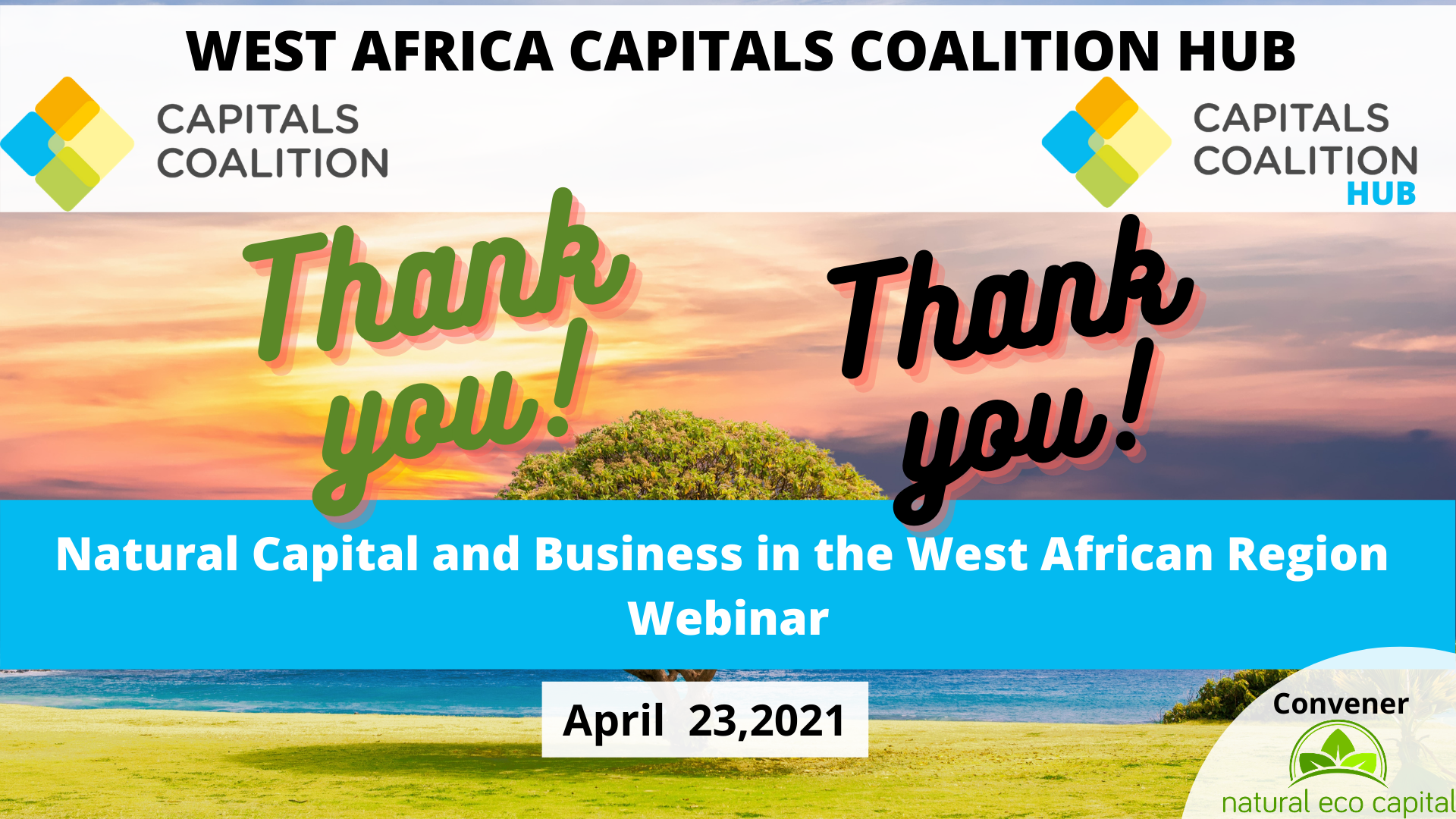In a move that stands to reshape decision and policy-making towards sustainable development, the United Nations recently adopted the new System of Environmental-Economic Accounting—Ecosystem Accounting (SEEA EA) framework. This measure is expected to ensure that natural capital—forests, wetlands and other ecosystems—are recognized in economic reporting.
Inger Andersen, UNEP Executive Director said “the new framework can be a game-changer in decision-making. By highlighting the contribution of nature, we now have a tool that allows us to properly view and value nature. It can help us bring about a rapid and lasting shift toward sustainability for both people and the environment.”
This has also further beckoned on the private sector to use a ‘magnifying lens to make natural resources, organisms and ecosystems, and the services that they provide visible’ in their business decisions and strategies.
Natural capital is the foundation of Economies. Businesses depend on natural capital to be viable. Maintaining ‘natural capital’, i.e. ecosystems and the services they provide, is fundamental to human economic activity and well-being. However, in the current business model, natural capital has been largely neglected; it is ‘economically invisible’.
In West Africa, how can businesses develop a keen interest in setting natural capital goals and outcomes alongside the government? This requires that awareness be increased on this relatively new term – natural capital. It also requires that businesses know how to assess their impacts and dependencies on natural capital as well as collaborate in the uptake of Natural Capital Accounting principles. This is even more so as every business depends on natural capital goods and services.
This webinar increase awareness of natural capital and Natural Capital Accounting for businesses. It also touches on what needs to be considered to get business to invest in natural capital beyond immediate returns in addition to identifying the role of development finance in heightening natural capital awareness and uptake in West Africa. ‘
See below the presentations from the webinar
Click here to download the webinar replay (Passcode: Wacch_02)
